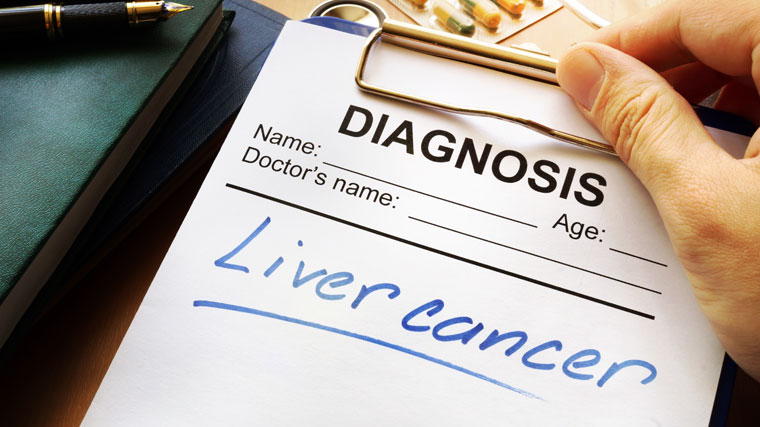Treatment, Prognosis Of Liver Cancer Depends On Stage, Tumor Size

Find Your Perfect Match
Answer a few questions and we'll provide you with a list of primary care providers that best fit your needs.
Your liver is the largest organ in your body. It helps you digest food and store energy. And it removes poisons.
Liver cancer is a tumor that starts growing inside your liver, says James Ouellette, DO.
Poor lifestyle choices over a lifetime are a primary cause of liver cancer. Obesity, eating too many processed foods, and drinking too much alcohol can all lead to cirrhosis of your liver. In addition, exposure to hepatitis B & C are significant risk factors for cirrhosis and cancer development.
Cirrhosis is chronic damage to your liver that can’t be undone. Having diseases like cirrhosis and hepatitis make your liver more susceptible to liver cancer.
What To Watch For
Symptoms of liver cancer are difficult to identify until they become advanced. They may be less from the disease itself and more from cirrhosis or chronic liver damage. They include abdominal pain, jaundice a yellowing of the skin and eyes, and nausea.
If you’ve been diagnosed with cirrhosis, it’s important to follow up with blood work, an ultrasound of the liver, and possibly more advanced imaging, like a CAT scan or an MRI, says Dr. Ouellette.
The outcome after being diagnosed with liver cancer depends mainly on the stage of the cancer when it’s found and how large the tumor is. Whether it is limited to your liver or has spread to other areas of your body will also affect the outcome.
Treatment Options
Dr. Ouellette says there are two potentially curative methods to treat liver cancer: surgical removal of the tumor and title=liver transplantation;healthinfo=Organ Transplant.
Often with liver cancer, your liver is already so damaged by a preexisting disease (cirrhosis) that if the part of the liver with the tumor is removed, the rest of the liver isn’t healthy enough to survive or regenerate and repair itself.
In this case, a liver transplant may be the best treatment option.
Most transplanted livers come from people who have died and donated their organs. This means there are a limited number of livers available for transplant.
Liver transplants can also be done with a living donor who donates part of their liver to you. These are less common, but sometimes an option.
Another treatment option for liver cancer is to use ablation therapy. At Premier Health, we use microwave ablation, radiofrequency ablation or NanoKnife® ablation. These are used to kill the tumor cells without removal of your liver. Size and location of the tumor are important considerations for these therapies.
Other potential treatments available at The Liver Cancer Center of Ohio include radioembolization or chemoembolization, which can be delivered directly into the liver. Some patients also benefit from new chemotherapy and immunotherapy drugs.
Find Your Perfect Match
Answer a few questions and we'll provide you with a list of primary care providers that best fit your needs.
Source: James Ouellette, DO, Premier Surgical Oncology





